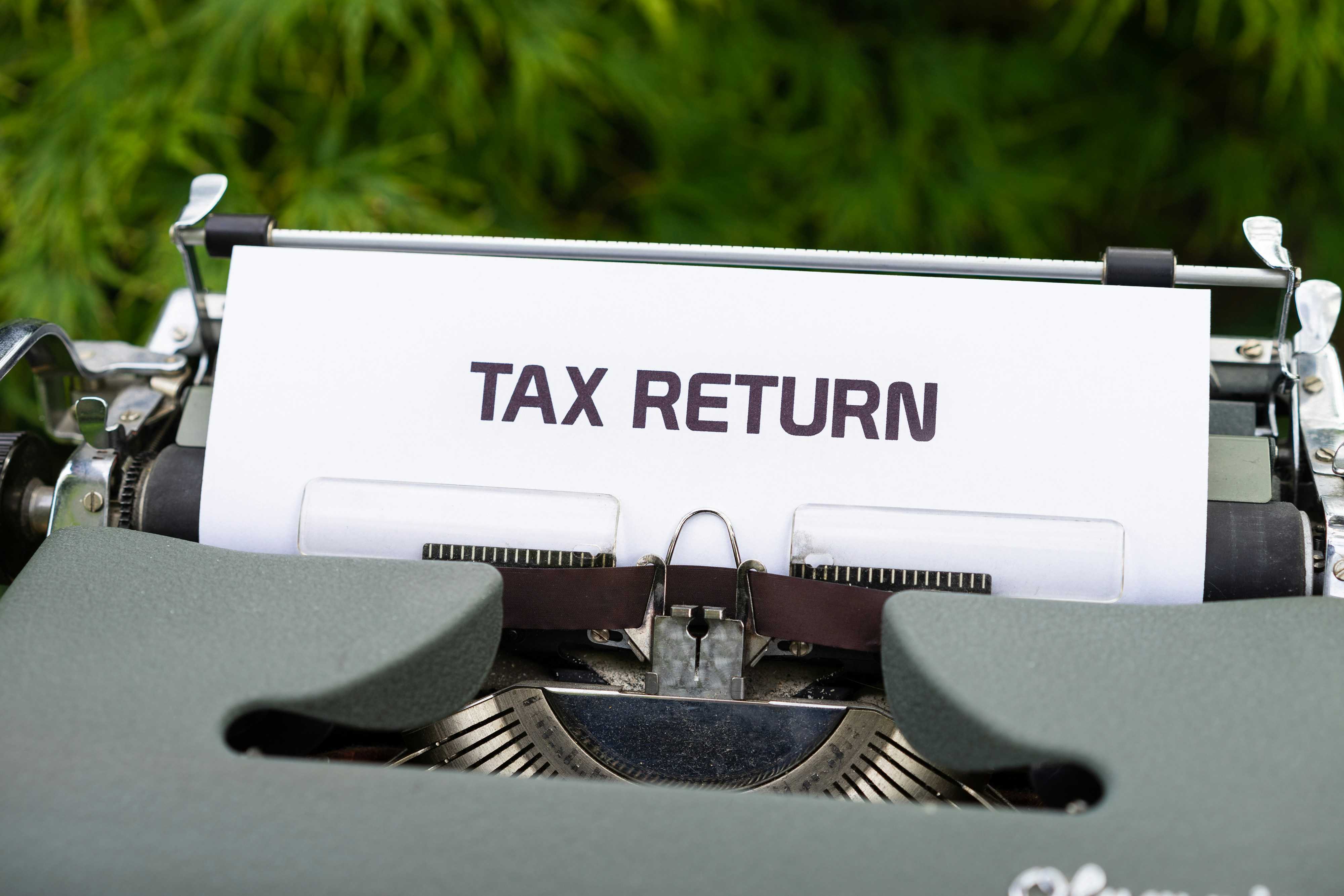This guide provides an overview of VAT registration for businesses operating in the UK.
Do You Need to Register for VAT?
Not all businesses are required to register for VAT. However, registration becomes mandatory if your business meets specific criteria:
• VAT Threshold: You must register for VAT if your VAT taxable turnover reaches £90,000 over any consecutive 12-month period. This threshold applies to the 2024/25 tax year.
• Expected High Sales: If you anticipate a significant upcoming sale that will push your total sales for the next 30 days over the £90,000 threshold, immediate registration is necessary.
Voluntary Registration for VAT
Even if your sales fall below the mandatory registration threshold, you can choose to register for VAT voluntarily. This option might be advantageous if your business pays more VAT on purchases from suppliers than it collects VAT on sales to customers, as registering for VAT allows you to claim VAT refunds from HMRC, potentially improving your cash flow.
How to Register for VAT
The majority of businesses can register for VAT online through the GOV.UK website https://www.gov.uk/register-for-vat/how-register-for-vat.
Making Tax Digital (MTD) for VAT
Registering for VAT automatically enrols your business in Making Tax Digital (MTD) for VAT. MTD is a government initiative that requires businesses to maintain digital records and submit VAT returns electronically.
Responsibilities After VAT Registration
Once your business is VAT-registered, you'll have additional responsibilities:
• Including VAT on Sales Invoices: The appropriate VAT rate must be clearly displayed on all your sales invoices.
• Submitting Quarterly VAT Returns: VAT returns need to be submitted and filed electronically every quarter, typically within one month and seven days of the quarter's end.
• Paying VAT Owed: If your VAT return shows a VAT liability (meaning you owe VAT to HMRC), the payment must be submitted alongside the return.
• Maintaining VAT Records: Proper record-keeping practices are crucial for VAT purposes. This is where a good accountant can help!
VAT Returns and Payment Deadlines
VAT returns are typically submitted quarterly. For instance, a VAT return for the quarter ending on June 30th, 2024, is due by August 7th, 2024. The VAT payment for any amount owed is also due on the same date.
Offsetting VAT
Registered businesses can offset the VAT they pay to suppliers against the VAT they collect from customers. This process is performed on each VAT return.
• If the offset results in a VAT liability (meaning you collected more VAT than you paid), you'll need to make a payment to HMRC.
• If the offset results in a VAT credit (meaning you paid more VAT than you collected), you should be eligible for a VAT refund from HMRC.
By understanding these VAT registration requirements and procedures, you can ensure your business remains compliant with UK tax regulations. For more detailed advice, please contact us.



